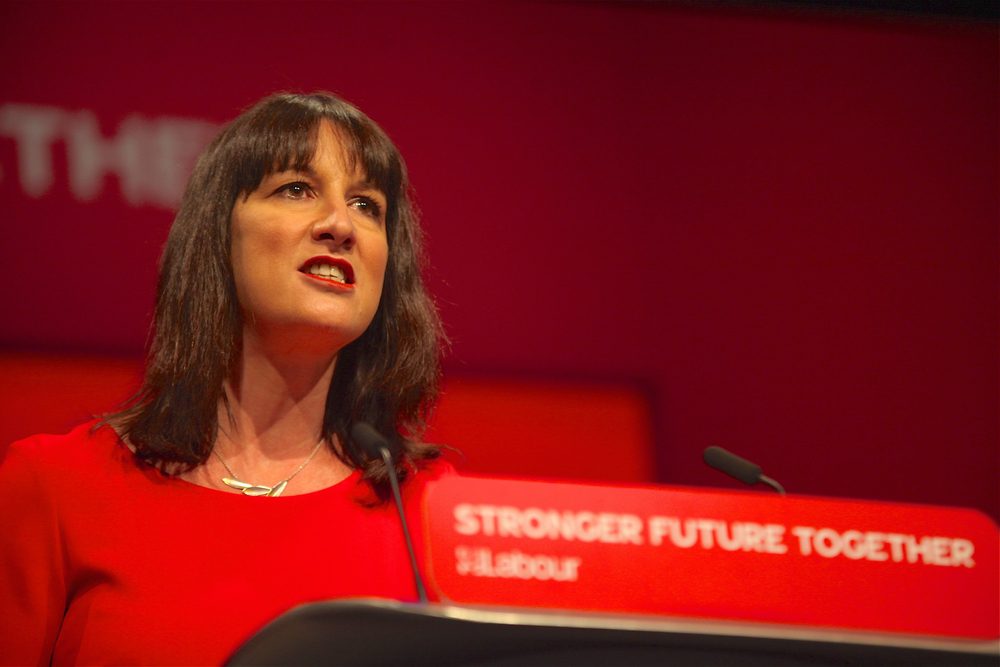The Chancellor has been on thin ice for month now, with a backbench rebellion on welfare cuts and an unclear economic agenda she’s had to shift and rearrange in order to keep up with Labour’s U-turns.
This upcoming autumn budget may be the biggest moment balancing this government’s economic fortunes, and the deciding moment as to whether the Chancellor survives the parliament.
It feels as though we hear new findings from leading research institutes every week that the worst may still be yet to come under this Labour government, much to the Chancellor’s dismay.
The National Institute of Economic and Social Research (NIESR) have said that the Chancellor will need to find more than £40bn of tax rises or spending cuts in the autumn budget to meet her fiscal rules. Findings like this signal that something big will have to give in November.
The significance of this upcoming budget is that it will set the foundations of the economic narrative for the years running up to the general election – meaning being politically aware of its consequences holds a lot more bearing than usual.
The Chancellor will have to be cautious to not make an over correction in attempting find this funding to the point it stagnates growth and sinks any hope of Labour winning the next general election.
The most peculiar thing about the new Labour government has always been their lack of economic messaging and strategy.
For the majority of the population who are not tuned in to politics the economic tagline of this government is unknown – and still hazy to those who are in the loop.
The most frequent line the chancellor has used since getting to the Treasury has been “economic growth”, despite the fact that growth forecasts for the tax years under this government have reacted adversely to the measures she introduced in the last budget, and don’t seem keen on the rumours of further taxes on wealth.
It’s this lack of directive which is largely to blame for business confidence in Britain being so poor, with stagnant growth showing clearly that the United Kingdom is not open for business.
After Davos at the start of the year I made the point that Reeves will have to introduce measures in order to attract global investment to create any sort of momentum within the economy going forward.
In all fairness to the Prime Minister he has secured an array of trade deals which may bear fruit, alas it is the lack of domestic growth measures which really scares investors away from Britain.
The main aim of this budget should of course be to balance the books, however avoiding a lack of foundation to foster growth is just as paramount to this government, especially one which is adamant to only hold one fiscal event per year.
The Chancellor finds herself at this budget balancing between having to simultaneously fill the £40bn deficit whilst also attracting growth, both having major political consequences if not successful. Some may say she has an impossible job on her hands.
This gets us on to Rachel Reeves’ own fortunes and what this budget means for her. We have seen over the past year that Starmer is an unconventional Prime Minister in the way that almost nothing he does has any essence of political calculation whatsoever.
We know that this upcoming budget is going to hit hard to a lot of different groups within society. We know that there is an army of backbenchers who have Starmer in a vice. Any fiscal plan can be blown out the water with another rebellion as seen with the doomed Welfare Bill.
What this leads up to is a situation where the Chancellor makes an array of inevitable tax rises and spending cuts to fill her deficit which those backbenchers are not content with. It is entirely plausible that instead of sticking with the Chancellor, Starmer may see replacing Reeves as the best way out of this dilemma.
Of course this is heavy speculation, although I would not put it out of the question in the New Year as pressure mounts.
In the past it has been easy to say what you think a government should do; if they need to fill a deficit they either raise tax or cut spending. With this Labour government it has turned out not to be so simple due to the unresolved standoff between the government and their backbenchers.
If the chancellor wants to stay in her position she will need to find a way to fundamentally change the power dynamic so she can take the tough action that is necessary without the theatrics of the welfare climbdown. It is absolutely clear that this budget may be the most important of Rachel Reeves’ career.
Featured image via Rupert Rivett / Shutterstock.


